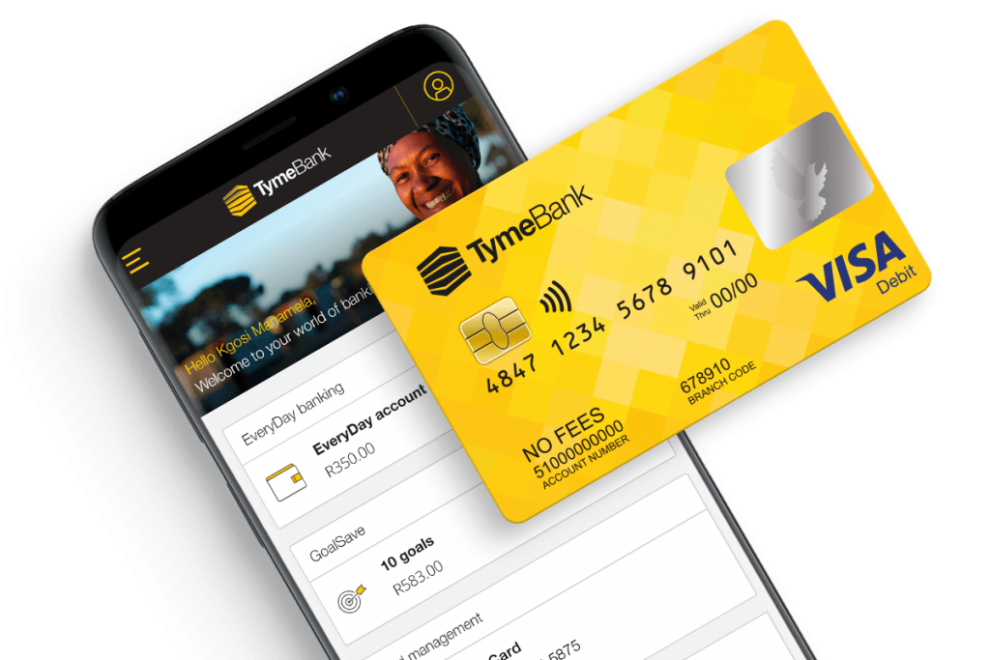

South African Digital Banking Platform, TymeBank, Raises Over $77 Million as it...
source link: https://bitcoinke.io/2023/06/nigerian-government-approves-the-national-blockchain-policy/
Go to the source link to view the article. You can view the picture content, updated content and better typesetting reading experience. If the link is broken, please click the button below to view the snapshot at that time.

Nigerian Government Approves the National Blockchain Policy – BitcoinKE

The Federal Executive Council of Nigeria has approved the National Blockchain Policy for Nigeria as presented by the Minister of Communications and Digital Economy, Professor Isa Ali Ibrahim (Pantami).
“With the approval of the National Blockchain Policy, we can safely say that blockchain technology with all its components and types have been institutionalised in the country,” Prof. Ibrahim said.
According to a press release sent to newsrooms, the policy is aimed at creating a blockchain-powered economy that supports secure transactions, data sharing, and value exchange between people, businesses, and the government, thereby enhancing innovation, trust, growth, and prosperity for all.
The National Blockchain Policy for Nigeria is in line with the National Digital Economy Policy and Strategy (NDEPS), which was launched by President Muhammadu Buhari in 2019. The policy was developed by the Federal Ministry of Communications and Digital Economy, in line with the 7th Pillar of the NDEPS, which focuses on a digital society and emerging technologies.
According to PriceWaterhouseCoopers (PwC), blockchain technologies could boost the global economy by $1.76 trillion by 2030. The implementation of the National Blockchain Policy in Nigeria is expected to have a positive effect on both the public and private sectors of the country.
According to the document, blockchain technology has the potential to revolutionize many industries, from finance and healthcare to transportation and supply chain management. It makes transactions more transparent, trustworthy, and efficient, resulting in considerable cost savings and better user experiences. Furthermore, the government sees blockchain as something that can boost innovation, improve public services, create job opportunities, and drive economic growth.
The National Information Technology Development Agency (NITDA) will coordinate the activities of the policy under the supervision of the Federal Ministry of Communications and Digital Economy. A multi-sectoral steering committee has also been approved to oversee the implementation of the policy according to the government.
Moreover, Nigeria’s Federal Executive Council has directed relevant regulatory bodies, including:
- NITDA
- Central Bank of Nigeria (CBN)
- National Universities Commission (NUC)
- Securities and Exchange Commission (SEC)
- Nigerian Communications Commission (NCC)
among others to develop regulatory instruments for the deployment of blockchain technology across various sectors of the economy.
The private sector and all other federal and state government institutions are urged to leverage blockchain technologies in education, health, security, agriculture, and finance, among other sectors to further support the implementation of the National Digital Economy Policy and Strategy for a digital Nigeria.
With the approval of the National Blockchain Policy, Nigeria joins other leading technology countries, including the United Kingdom, Switzerland, Estonia, Singapore, and the United Arab Emirates, in adopting blockchain technology at the national level.
The National Blockchain Policy for Nigeria is expected to enhance the country’s position as a technology hub in Africa and attract investments in the digital economy sector.
Bank in 2018, Kenya launched a distributed ledger and AI taskforce with the eventual goal of implementing the same across various government entities. 5 years later, the report recommendations have not been implemented.
Follow us on Twitter for the latest posts and updates
_____________________________________
_____________________________________

TymeBank, a digital banking platform based in South Africa, has secured $77.8 million in a pre-Series C funding round, according to a statement on its website.
The funding was led by Norrsken22, a growth-stage fund focused on Africa, and Blue Earth Capital, a Swiss impact investment firm with a global focus.
Prominent Chinese technology conglomerate, Tencent, was also a participant in the pre-Series C funding round increasing its stake in TymeBank to become the third-largest shareholder in the fintech company. Tencent was the lead investor in TymeBank’s $70 million Series B extension raise in December 2021.
Part of the Tyme Group of companies is headquartered in Singapore and focuses on developing and operating digital banks for emerging markets. It operates under the Tyme brand in South Africa and as GoTyme in the Philippines where it entered the market in partnership with the Gokongwei Group in October 2022.
TymeBank operates using a hybrid model that combines digital banking services with physical locations. It provides customers with transactional bank accounts that have minimal or no monthly fees as well as savings products.
In South Africa, TymeBank has established partnerships with various physical retail locations including popular retailers such as:
- Pick n Pay
- Boxer
- The Foschini Group (TFG)
These partnerships serve as on-boarding points for customers allowing them to access TymeBank’s services conveniently. Additionally, it has collaborated with the Zion Christian Church, one of the largest churches in South Africa, to reach a broader customer base.
TymeBank has experienced a significant number of accounts being opened through online channels reflecting the growing trend of digital banking adoption. Moreover, there has been a noticeable shift among its customers from traditional cash deposits to electronic transfers indicating a transition towards more digital payment methods.
“Tyme was the first bank in South Africa to be operated fully off a cloud-based infrastructure network and now makes it possible to open a fully regulated bank account in less than five minutes, which can be done online or from a TymeBank kiosk. It also takes nine seconds to send money to any cellphone in South Africa using TymeBank’s SendMoney app,” the bank said in a statement.
TymeBank says 300,000 new customers are joining each month and it has a revenue run rate of over $100 million per year.
With the additional capital raised, now totaling over $260 million, TymeBank has ambitious plans to expand its operations in South Africa, the Philippines, and Southeast Asia. The company aims to strengthen its presence in these markets and capitalize on the growing demand for its digital banking services.
Follow us on Twitter for latest posts and updates
_____________________________________
_____________________________________
Recommend
About Joyk
Aggregate valuable and interesting links.
Joyk means Joy of geeK
